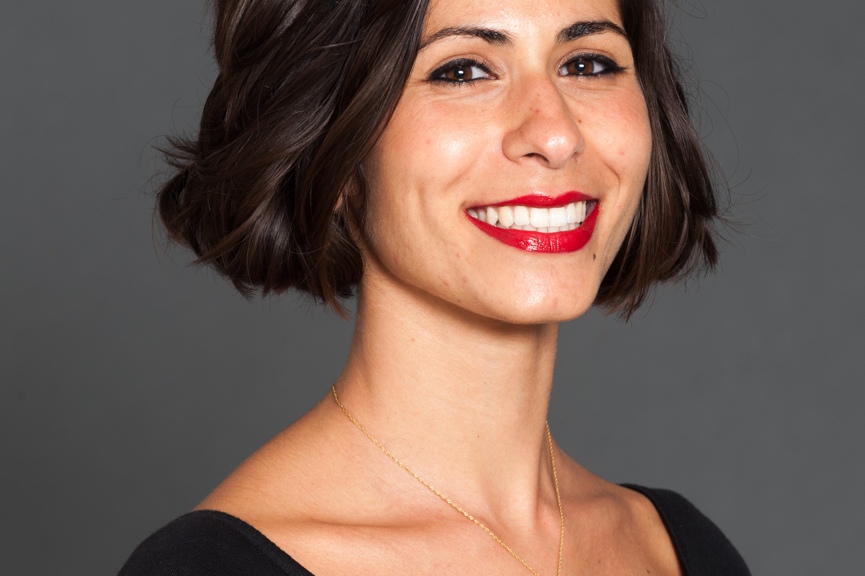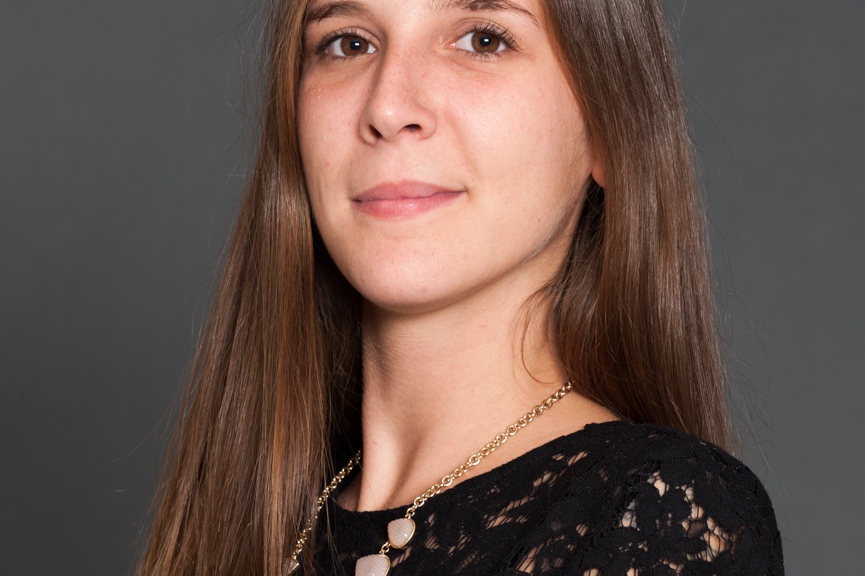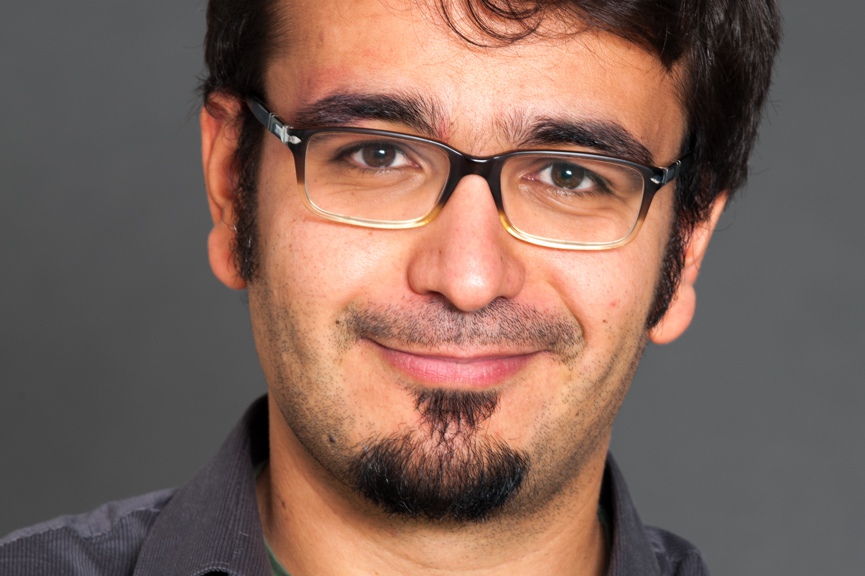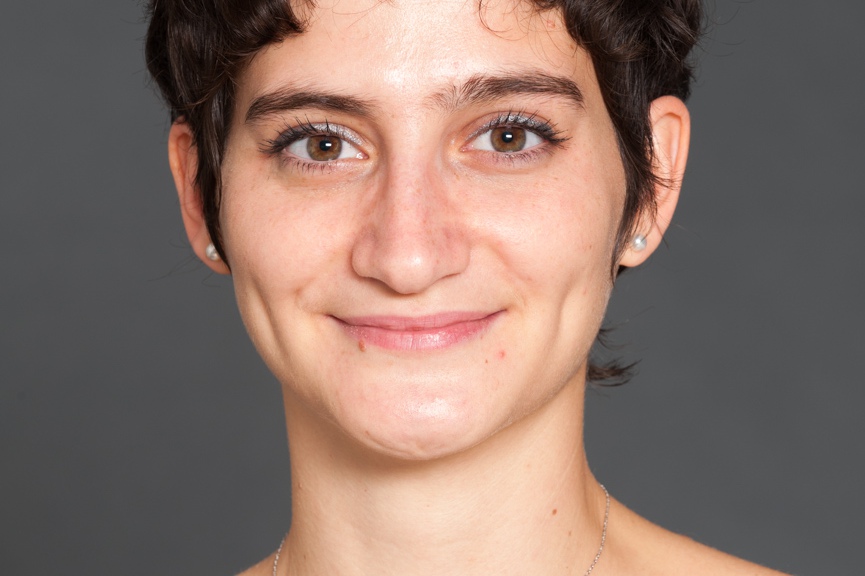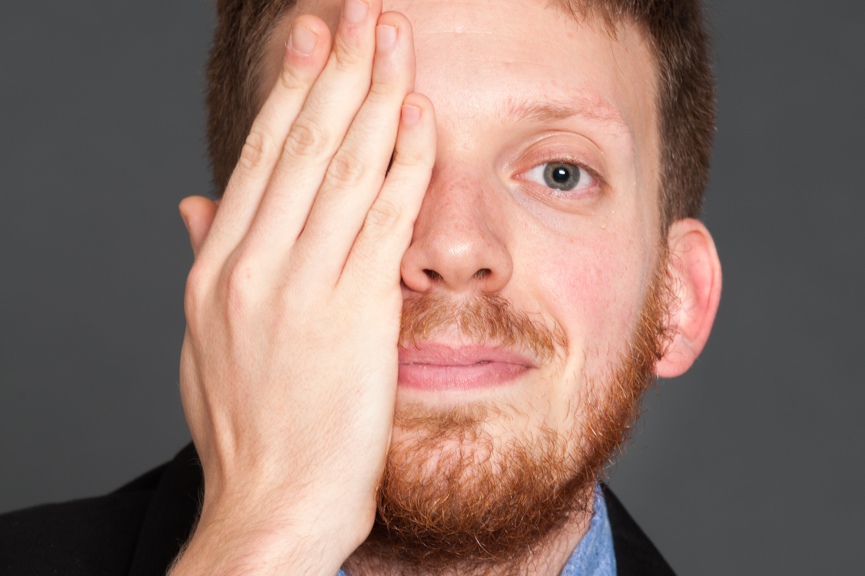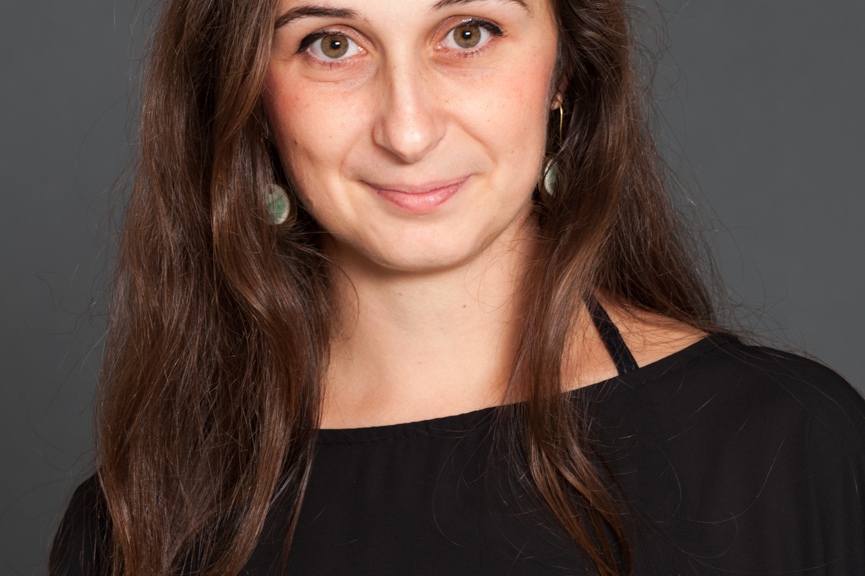The project implies some actions be taken abroad. The residence programme accommodate the transnational artistic teams. Each artistic team includes one playwright and one scenographer from the hosting country. Thus, the project leader, Italy, with 6 playwrights taking part to the project, hosts 6 artistic teams (6 Italian playwrights, 1 Italian scenographer/costumer and 6 international directors/choreographers), while the Czech and Slovakian partners, with 3 playwrights taking part to the project, host 3 international artistic teams (3 national playwrights and 3 international directors/choreographers) and Romanian partner with 1 playwright hosts 1 international artistic team (1 national playwright and 1 international director/choreographer). Residencies last a maximum of 10 days. Each residence is monitored by the tutor of the host structure.
The residence aims at the development of the concept that has been elaborated during the Ideas Lab, the production of writing materials, and the planning of the general work structure and of the tools necessary to its realisation.
During the residency, the group is in contact with the local humanitarian centres in order to obtain information on the situation of the migratory phenomenon of the hosting country and to experience the matter of analysis of their artistic work.
At the end of the residence, the group present the draft of their artistic project to the members of the structure of the hosting country, to the professionals and to the local migrants. The presentation might take different shapes according to the results (readings, narration, images). The overcome of the linguistic barrier is an essential part of the work. The work is discussed with the tutor, the professionals and the migrants taking part to the project, so that the group receives essential information for the production of a more elaborated work.
Here follow a few descriptions of what 6 Italian students from Paolo Grassi Academy experienced both in Milano and abroad.

